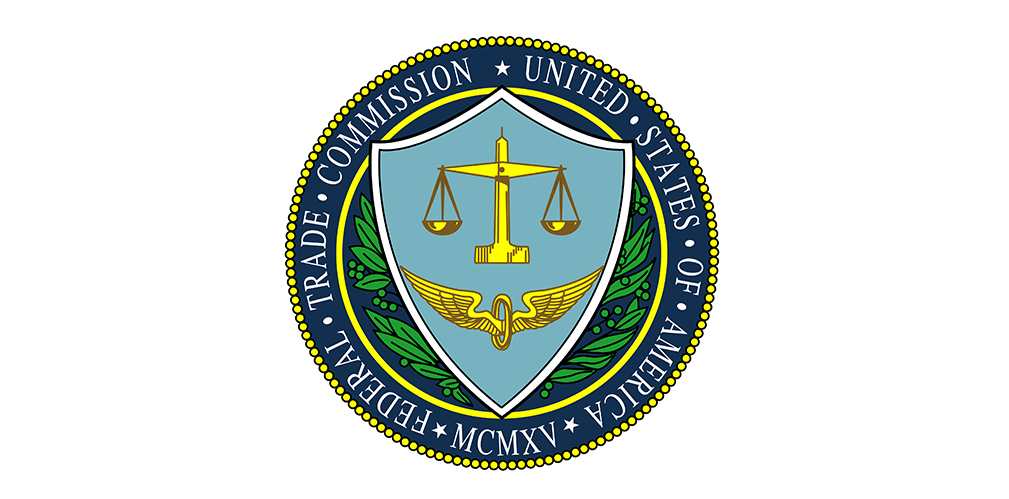Pharmacy benefit managers (PBMs) make billions in profit while driving up the price of prescription drugs with markups that can exceed 1,000%, according to a Federal Trade Commission (FTC) report released Jan. 14.
The three largest PBMs and their affiliated pharmacies made $7.3 billion in revenue above the National Average Drug Acquisition Cost (NADAC)—the standard cost for obtaining drugs—on specialty generic drugs alone during 2017-2021, says FTC’s report. In the same period, “plan sponsor and patient payments increased at compound annual growth rates of 21% for commercial claims, and 14-15% for Medicare Part D claims” on these drugs, the report says.
More than 80% of all prescriptions in the U.S. are handled by these three PBMs—Caremark Rx, LLC (CVS), Express Scripts, Inc. (ESI), and OptumRx, Inc. (OptumRx). Their vertical integration with insurers and pharmacy chains increases their market power and profitability, according to the report.
PBMs act as middlemen between payers, insurers, and pharmacies. They profit by driving up drug prices, making it harder for patients to access the medicines they need, as the Biotechnology Innovation Organization (BIO) has frequently noted. BIO continues to lobby for legislation that would reform PBMs and help lower drug prices.
This is FTC’s second interim report on “the prescription drug middleman industry” outlining how PBMs non-transparent operations raise the cost of prescription drugs. The first interim report was released on July 9 after an investigation that began in 2022. It highlighted PBMs’ market power, incentives to increase drug prices, and unfair treatment of independent pharmacies, among other concerns.
This latest report focuses on questionable practices by PBMs in covering specialty generic drugs, which are typically sophisticated, cutting-edge medications used against serious conditions like cancer, HIV, or rare diseases. Key findings from this report include:
- “The Big 3 PBMs imposed markups of hundreds and thousands of percent on numerous specialty generic drugs dispensed at their affiliated pharmacies.”
- The Big 3 PBMs steered highly profitable prescriptions to their own affiliated pharmacies and reimbursed those pharmacies at a higher rate compared to independent pharmacies.
- The Big 3 PBMs engaged in spread pricing—billing sponsor clients more than they reimburse pharmacies for drugs.
- Patients’ and plan sponsors’ spending on drugs increased significantly. “In 2021, the last year for which the FTC received full-year data for this study, plan sponsors paid $4.8 billion for specialty generic drugs, while patient cost sharing totaled $297 million.”
- Specialty generic drugs help drive profits for the healthcare conglomerates that own the Big 3 PBMs, accounting for “12% of the aggregated operating income reported by the parent healthcare conglomerates’ business segments that include their PBM and pharmacy businesses in 2021.”
BIO calls for PBM reform
This latest report provides further, detailed evidence about the need for PBM reform. BIO has been a long-time advocate for legislation to provide greater PBM transparency and has cataloged the abuses that necessitate reform. These include:
Patients miss out on rebates: For many popular medicines, manufacturers will offer PBMs rebates, essentially trading pricing concessions in return for better patient access. However, evidence indicates that PBMs are not passing on all the savings from those rebates to patients.
Step therapy: PBMs try to save on treatments by requiring patients and doctors to prove that certain medicines have failed the patient before the original treatment the doctor prescribed can be used. This practice, known as “step therapy,” tries to displace a provider’s clinical judgment in favor of the medicine selected by the PBM, often based on the PBM’s narrow financial interest.
Competitor pharmacies are forced out of business: PBMs can give preference to pharmacies they own, harming independent pharmacies with impossibly low reimbursement rates for medicines. The result is the closure of independent pharmacies and “pharmacy deserts” that limit access to medicine.
PBMs can be incentivized to drive up the price of medicine: Hence a movement to “delink” price and PBM compensation with legislation that would only allow PBMs to take a flat fee for those services.
Employers lack critical information about PBMs: Far too often, America’s employers are kept in the dark about important questions like what portion of the rebates that PBMs collect from manufacturers is actually passed on to patients.




